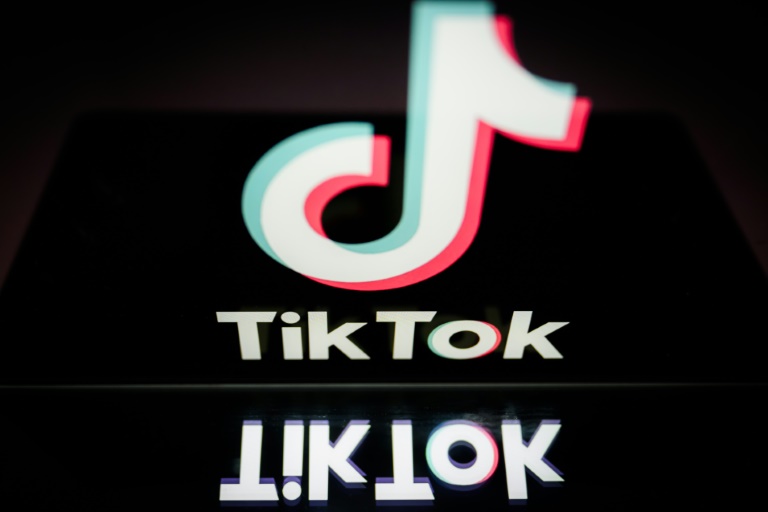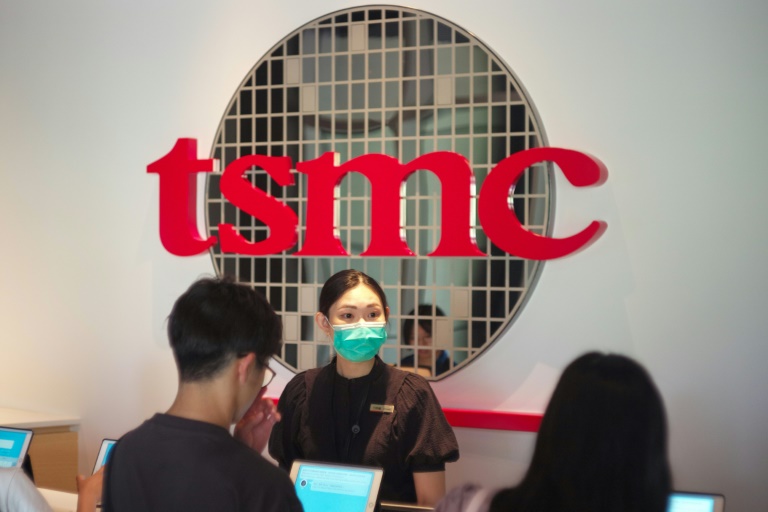Italy’s nationalist government is leading the revolt against EU plans to tighten vehicle emissions limits, vowing to defend the automotive industry in a country still attached to the combustion engine.
Prime Minister Giorgia Meloni’s hard-right coalition, which came into office last October, tried and failed to block EU plans to ban the sale of new cars running on fossil fuels by 2035, which her predecessor Mario Draghi had supported.
But this week the government took the fight to planned “Euro 7” standards on pollutants, joining with seven other EU member states — including France and Poland — to demand Brussels scrap limits due to come into force in July 2025.
“Italy is showing the way, our positions are more and more widely shared,” said Enterprise Minister Adolfo Urso, a fervent defender of national industry in the face of what he has called an “ideological vision” of climate change.
The EU plan “is clearly wrong and not even useful from an environmental point of view”, added Transport Minister Matteo Salvini, leader of the far-right League party, which shares power with Meloni’s post-fascist Brothers of Italy.
Salvini led the failed charge against the ban on internal combustion engines, branding it “madness” that would “destroy thousands of jobs for Italian workers” while benefiting China, a leader in electric vehicles.
Federico Spadini from Greenpeace Italy lamented that “environmental and climate questions are always relegated to second place”, blaming a “strong industrial lobby in Italy” in the automobile and energy sectors.
“None of the governments in recent years have been up to the environmental challenge,” he told AFP.
“Unfortunately, Italy is not known in Europe as climate champion. And it’s clear that with Meloni’s government, the situation has deteriorated,” he said.
– Demand is low –
Jobs are a big factor. In 2022, Italy had nearly 270,000 direct or indirect employees in the automotive sector, which accounted for 5.2 percent of GDP.
The European Association of Automotive Suppliers (CLEPA) has warned that switching to all electric cars could lead to more than 60,000 job losses in Italy by 2035 for automobile suppliers alone.
“Since Fiat was absorbed by Stellantis in 2021, Italy no longer has a large automobile industry, but it remains big in terms of components, which are all orientated towards traditional engines,” noted Lorenzo Codogno, a former chief economist at the Italian Treasury.
For consumers too, the electric revolution has yet to arrive.
Italians are attached to their cars, ranking fourth behind Liechtenstein, Iceland and Luxembourg with 670 passenger cars per 1,000 inhabitants, according to the latest Eurostat figures from 2020.
But sales of electric cars fell by 26.9 percent in 2022, to just 3.7 percent of the market, against 12.1 percent for the EU average.
Subsidies to boost zero emissions vehicles fell flat, while Minister Urso has admitted that on infrastructure, “we are extremely behind”.
– ‘Risk turning into Cuba’ –
Italy has just 36,000 electric charging stations, compared to 90,000 for the Netherlands, a country the fraction of the size of Italy, he revealed.
“There is no enthusiasm for electric cars in Italy,” Felipe Munoz, an analyst with the automotive data company Jato Dynamics, told AFP.
“The offer is meagre, with just one model manufactured by national carmaker Fiat.”
In addition, “purchasing power is not very high, people cannot afford electric vehicles, which are expensive. So the demand is low, unlike in Nordic countries.”
Gerrit Marx, head of the Italian truck manufacturer Iveco, agrees.
“We risk turning into a big Cuba, with very old cars still driving around for years, because a part of the population will not be able to afford an electric model,” he said.

 Business4 months ago
Business4 months ago
 Business4 months ago
Business4 months ago
 Events6 months ago
Events6 months ago
 People4 months ago
People4 months ago
 Events3 months ago
Events3 months ago
















